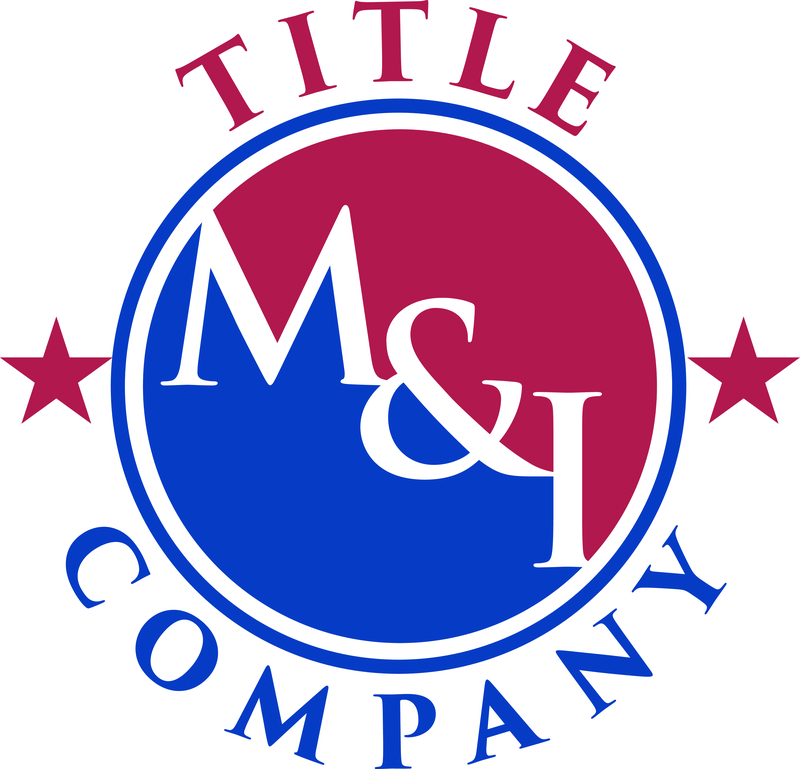Understanding the Challenges
Buying a home comes with its own set of challenges and risks, which is why most people choose to work with a buyer’s agent. It’s crucial to use an agent with the knowledge and experience necessary to guide you through the process, addressing challenges and minimizing risks along the way. While condominiums may seem to be getting a “bad rap” today, they aren’t inherently bad; it’s just that condominium ownership is quite different from home ownership. As a result, not only do condos pose similar challenges and risks as home buying, but they also come with additional complexities unique to their purchase and ownership. I’ll cover the most common and significant issues here.
Financial Health of the Association: A Key Consideration
The financial health of the condominium association is a cornerstone of a sound investment. If you are obtaining a loan to purchase the condo, the lender will carefully examine this aspect to protect their interest through their loan to you. Insurance companies will also pay close attention to the financial health of the condo association, as this will affect the cost of insurance for the association’s buildings and common areas, or even determine whether insurance is available at all.
The Missouri Condominium Statute mandates that sellers provide a resale certificate containing crucial financial details before the sale of a condo unit, making it a good place to start your due diligence. If the resale certificate is not fully completed, do not accept it; instead, require that all information be provided in detail. It’s also important to note that not all condominiums sold in Missouri are required to have a resale certificate—such as in cases where the unit is sold pursuant to a court order, by foreclosure, by a government agency, or to a real estate professional who intends to resell or rent the units. However, even in these situations, I recommend that you condition your purchase on the receipt and review of a condo resale certificate, or at a minimum, the information typically provided with such a certificate.
While it is essential to pay attention to everything on the certificate, there are a few key questions on the form that you should particularly note and not overlook:
- Operating Budget: The current operating budget of the association provides insight into the expected income and expenses for the year. Reviewing this budget allows you to assess how well the association is managing its finances. It can also reveal potential red flags, such as shortfalls, insufficient reserves for maintenance and repairs, and other issues that could indicate future condo fee increases or special assessments.
- Reserve Funds: The amount of reserves available for capital expenditures and any specific projects planned. A well-funded reserve is crucial for covering major repairs without requiring additional contributions from unit owners. If the reserves are inadequate, you may face unexpected special assessments.
- Upcoming Capital Expenditures: Any capital expenditures anticipated by the association for the current and two succeeding fiscal years. This helps you gauge whether the association is planning for the future and maintaining the property properly.
- Special Assessments: Information about any unpaid common expenses or special assessments currently due from the selling unit owner. High or unexpected special assessments could indicate underlying financial problems or deferred maintenance issues that haven’t been addressed.
- Insurance Coverage: Make sure the condominium association has adequate insurance coverage. Lapses in coverage, like those seen in some recent cases in Missouri, can leave you exposed to significant financial risks if a disaster occurs.
- Pending or past litigation: If the association is currently involved in a lawsuit, the nature and severity of the case could pose an issue for your lender and may lead to increased insurance premiums for the condo association in the near future. This information should be disclosed on the resale certificate. Additionally, although it might not be noted on the resale certificate, it’s worth investigating any past litigation the association has been involved in. This can provide insight into problems or issues the condominium development has faced, which you can then investigate to ensure they have been resolved. If there are many lawsuits against unit owners for non-payment of condo fees, this should be a red flag, indicating a potential disconnect among owners that could affect the financial health of the condo in the future.
Essential Aspects to Review Before Purchase:
- Availability of Financing: The average home in St. Louis can typically be financed through various loan types, including FHA, VA, and Conventional loans. However, condominiums are different. By default, they cannot be financed with FHA, VA, or conventional loans unless the development has been approved and maintains that approval, meeting specific conditions that vary depending on the type of financing. In addition to the factors already discussed, lenders will consider the percentage of condo owners who are delinquent on their fees, the amount of commercial space in the development, insurance coverage, and similar issues.
- Percentage of investor owned units: It’s important to understand the composition of condo owners in terms of “owner-occupants” versus investors. This will not only affect your financing options but could also impact the financing available to a future buyer when you decide to resell, especially with common financing types like FHA, VA, and Fannie Mae Conventional loans. Additionally, a higher percentage of non-owner-occupied units often leads to a higher turnover rate and fewer residents with a long-term commitment to the condominium community.
- Building Inspection: While it will incur additional costs, it’s a good idea to have your private building inspector not only inspect your unit during the building inspection contingency but also inspect pertinent common areas to the extent possible. Areas such as the roof, structural components, basement, and parking garages should be examined. Although maintaining these areas may not be your direct responsibility, if they are in poor condition or have serious issues, it could lead to unexpected special assessments in the future and may indicate neglect or poor management by the condominium association.
The Importance of a Knowledgeable Buyer’s Agent
Given the complexities involved in purchasing a condominium, having a knowledgeable buyer’s agent who understands these nuances is essential. The process of buying a condo is distinctly different from purchasing a single-family home, requiring a deeper understanding of the financial and legal intricacies specific to condo ownership. An agent experienced in St. Louis condo transactions can guide you through the process, helping you avoid common pitfalls and ensuring that your investment is sound.
- In-Depth Due Diligence: A skilled agent will thoroughly review all necessary documents, including the resale certificate, and help you interpret critical information regarding the association’s financial health, pending or past litigation, and any history of special assessments. They will also ensure that you understand the implications of these factors for your future costs and the potential for unexpected expenses.
- Local Market Expertise: An experienced agent who knows the St. Louis condo market will be familiar with specific developments that may have had issues in the past, such as structural problems, financial instability, or a high percentage of investor-owned units. This local knowledge is invaluable in helping you avoid developments with a history of problems and in making a more informed purchase decision.
- Guidance on Financing and Inspections: A knowledgeable agent will guide you through the complexities of condo financing, ensuring you understand the unique requirements for FHA, VA, and Conventional loans in condo developments. They will also advise on the importance of conducting thorough inspections, not just of your unit but of common areas as well, to identify any potential issues that could lead to costly repairs or special assessments.
Why MORE, REALTORS is Your Best Choice
At MORE, REALTORS®, we offer unparalleled expertise in the St. Louis condo market. As one of the owners and brokers, I bring years of experience not just as a real estate professional, but also as a former developer who built condominium projects in the St. Louis area. Our team includes agents who have extensive knowledge of the intricacies of condo transactions and are well-versed in navigating the unique challenges they present.
Whether you’re a first-time condo buyer or looking to invest in another unit, our team at MORE, REALTORS can provide the guidance and expertise you need to make a confident and informed purchase.
Comments are closed.


